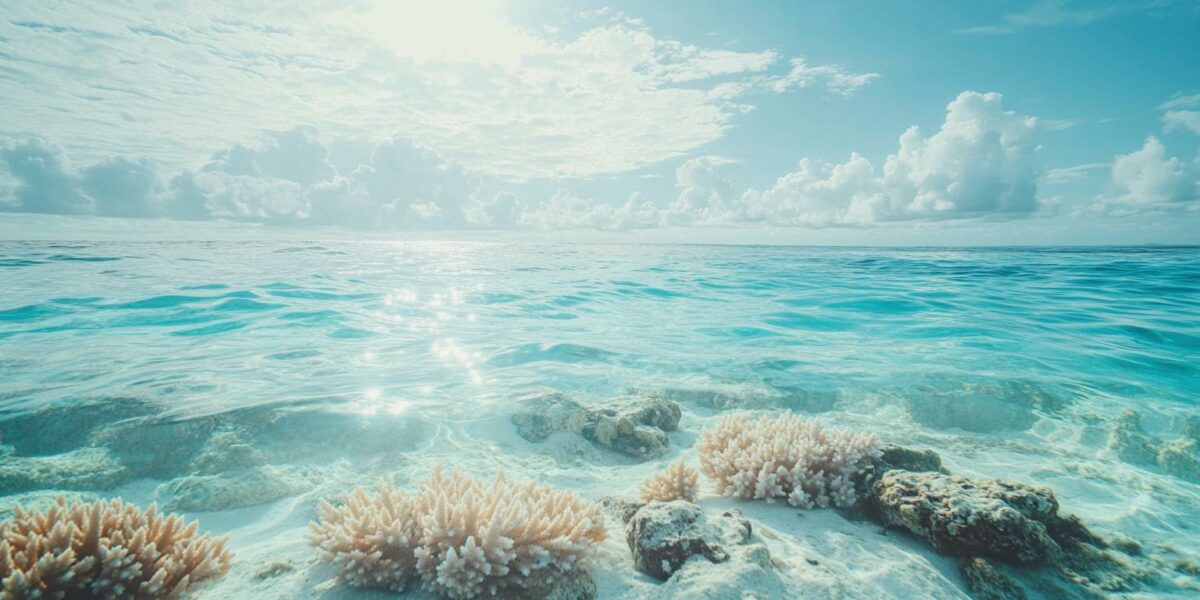The Climate Crisis Reimagined
On a popular US cable show, the climate crisis was portrayed differently. Rather than focusing on global threats, it was minimized as a minor economic issue. This perspective, shared by a political scientist, suggested minimal GDP impacts by century’s end, assuming future wealth would mitigate the crisis.
Contrary to these claims, the true challenges of the Great Barrier Reef were downplayed. Pollution and overfishing were incorrectly cited as primary threats, ignoring the significant role of climate change. This outlook resonated with the audience, despite its inaccuracy.
Missing from the conversation were the critical details about the severity of climate change impacts. The show overlooked the existential risks, leaving viewers with an incomplete understanding of the environmental crisis.
The show’s reach is extensive, with millions viewing the segment online. However, the portrayal was misleading, as it failed to capture the true essence and urgency of climate change challenges.
Economic Models and Climate Realities
Nobel-winning economists use models to assess climate impacts, yet these models have limitations. They often overlook crucial factors like tipping points, leading to uncertainties. Experts argue that estimating climate damage accurately remains a challenge.
One economist remarked that these models are almost useless, questioning their reliability. The inadequacies in modeling highlight the need for a more comprehensive understanding of climate impacts.
Nordhaus, a Nobel laureate, emphasizes the importance of the social cost of carbon, which measures the economic impact of CO2 emissions. This concept provides a broader perspective on climate costs than GDP figures alone.
Key findings suggest:
- Emissions from 2020 alone could cause trillions in damage.
- Reducing emissions is economically sensible.
- Ignoring these costs could lead to significant economic consequences.
The Bleaching of the Great Barrier Reef
A claim was made about the reef’s coral levels being at a peak since 1986. However, this data was collected prior to a devastating bleaching event, underscoring the disconnect between perception and reality.
Bleaching occurs due to rising ocean temperatures, primarily driven by fossil fuel combustion. The survey data did not account for post-bleaching survival rates, offering an incomplete picture of the reef’s health.
Temporary coral cover increases were due to fast-growing corals, which are vulnerable to heat. A period of fewer disturbances contributed to this misleading improvement in coral cover statistics.
The reef’s recovery is fragile, with recent mass bleaching events posing a significant threat to its future.
Reevaluating Threats to Coral Reefs
Contrary to some opinions, climate change is the predominant threat to coral reefs, including the Great Barrier Reef. Overfishing and pollution are concerns, but climate change poses a more existential risk.
Research consistently identifies climate change as the primary danger to coral ecosystems. The Australian Institute of Marine Science emphasizes the magnitude of this threat, urging a shift in focus.
Despite claims to the contrary, the past three years have not seen coral reefs “doing better.” Recent heat stress events affected over 70% of the world’s reefs, demonstrating the pervasive impact of rising ocean temperatures.
Experts warn that a 3C increase in global temperatures would have devastating consequences, affecting human health, food security, and leading to widespread displacement.



Morgan
Why would anyone say the Great Barrier Reef is thriving? Clearly, they’re not reading the same reports.
Levi
Nordhaus makes a good point about the social cost of carbon, but isn’t it too late for just economic measures?
Sasha_Catalyst
So, if emissions from 2020 alone cause so much damage, why aren’t we doing more to reduce them?
christophermoonshadow
Wait, are we saying fast-growing corals are a bad sign? How’s that possible?
sasha
Thank you for highlighting the actual issues facing the Great Barrier Reef. We can’t afford to ignore this!
chloeenigma
Can someone explain how economic models ignore tipping points? Seems like a pretty big oversight.
mason7
It’s frustrating to see the real threats to the Great Barrier Reef downplayed. Climate change is no joke!
cameronluminescence
Bill Maher always knows how to stir the pot! 😄 But seriously, what’s his solution for the Great Barrier Reef?